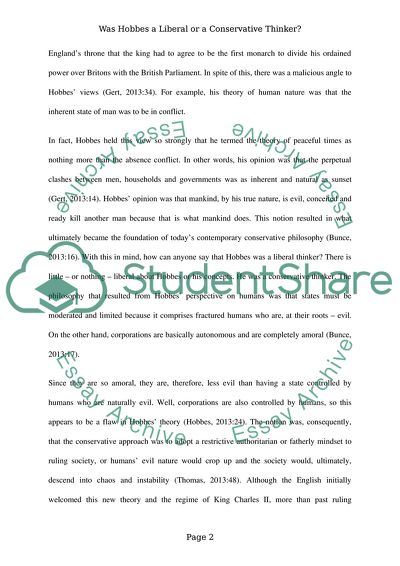Cite this document
(“Final Essay Example | Topics and Well Written Essays - 1500 words - 5”, n.d.)
Retrieved from https://studentshare.org/social-science/1672057-final
Retrieved from https://studentshare.org/social-science/1672057-final
(Final Essay Example | Topics and Well Written Essays - 1500 Words - 5)
https://studentshare.org/social-science/1672057-final.
https://studentshare.org/social-science/1672057-final.
“Final Essay Example | Topics and Well Written Essays - 1500 Words - 5”, n.d. https://studentshare.org/social-science/1672057-final.


